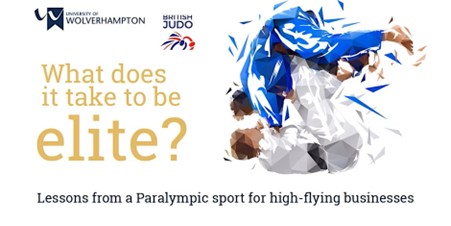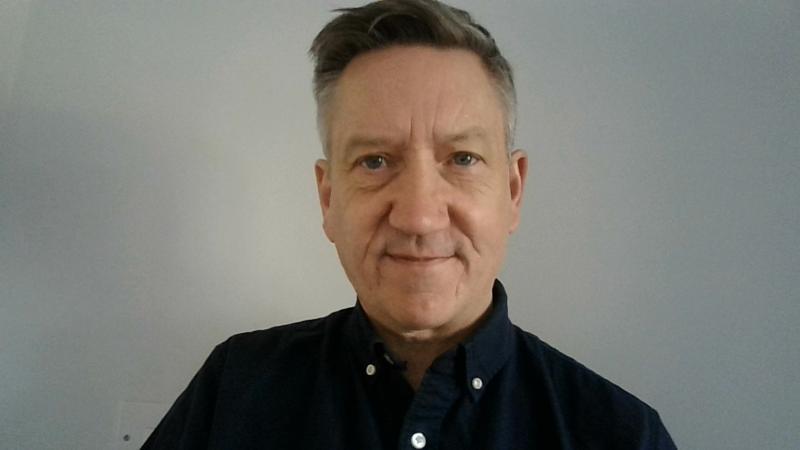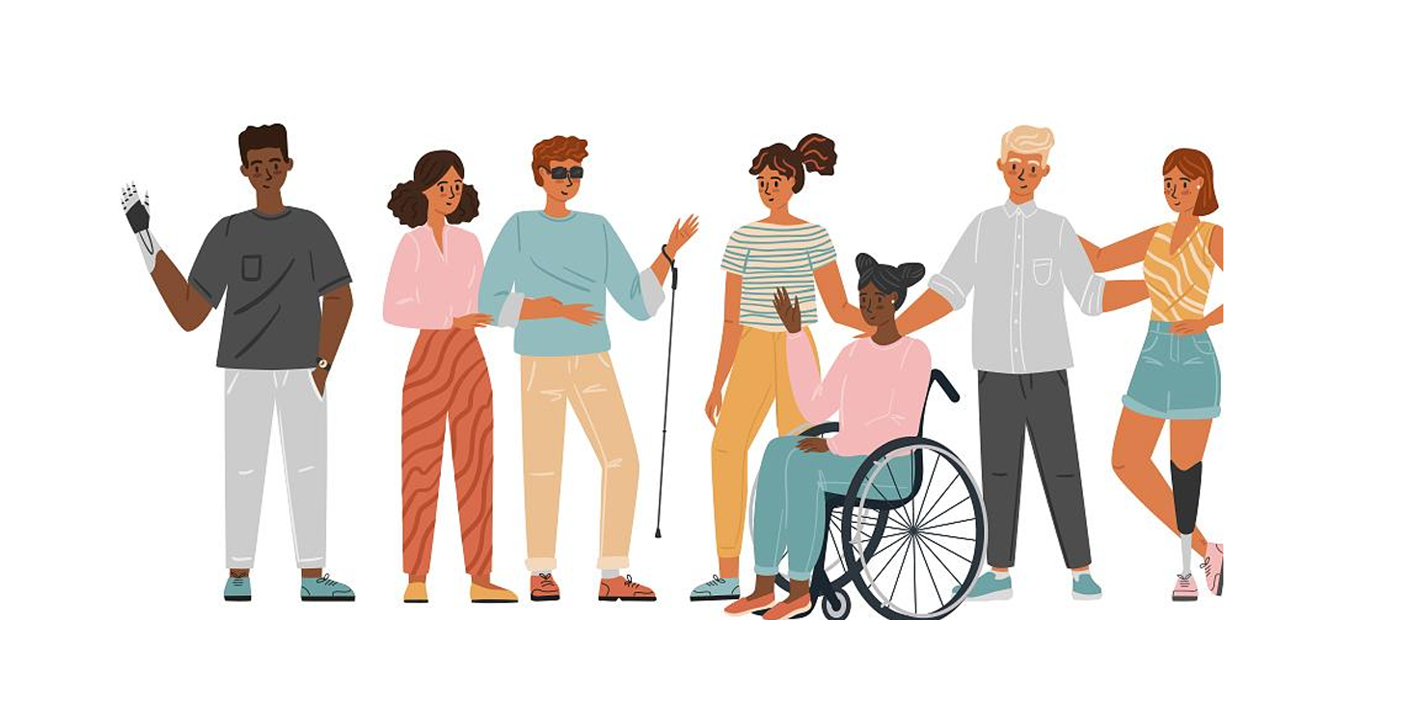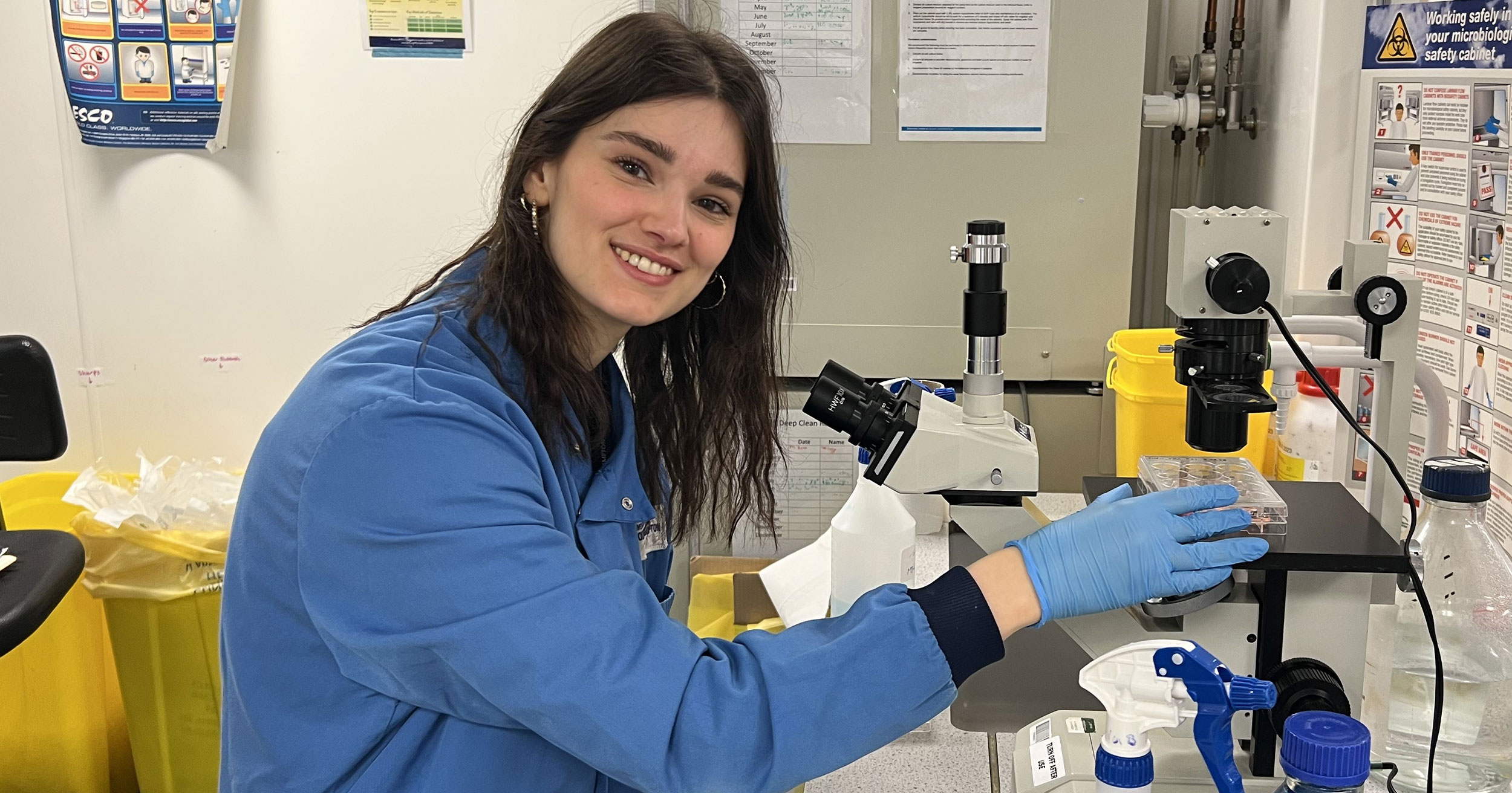
Intersecting race, health and disparities: Lessons from a community engagement project
BLOG: Black Breasts Matter: Intersecting race, health and disparities
Dr Martin Bollard, Head of Nursing in the University of Wolverhampton's Faculty of Education, Health and Wellbeing, blogs about lessons learned from a community engagement project across the Black Country.

Over the last 7 months, I have had the privilege of leading a project aimed at promoting early breast cancer awareness across the Black Country. It has been a particular privilege as the work has been carried out alongside seven wonderful Black and Afro Caribbean community leaders representing hundreds of women across the Black Country region and in partnership with one of our local NHS Integrated Health Care Systems (ICS).
The Long-Term NHS Plan (NHS, 2019) emphasises how Integrated Health Care Systems need to be working in tandem with local communities to overcome key health inequality indicators.
Meeting the health care needs of growing multicultural or multiethnic societies in the UK, presents major challenges for health care systems and for health researchers. Acknowledging this, the Black Country ICS asked me to work with them to help them understand why Black and Afro Caribbean women were not coming forward for early breast screening. The ICS wanted to build on their conversations held late in 2022 with the Black and Afro Caribbean communities and Co-create responsive solutions based on the experience of the women.
Breast cancer mortality rates are a sharp example of health and racial disparity in the UK (Yedjou et al. 2019). Breast cancer currently affects more than one in ten women worldwide (Torre ;AL et al. 2015) and Black women are more likely to die from breast cancer at every age.
In the UK, black women are more likely to be diagnosed with metastatic disease too and have poorer survival than white British women (Jack et al, 2009). This may reflect the higher proportion of black women than white women developing, for example triple negative breast cancer—an aggressive form of the disease associated with poorer outcomes (Jack et al, 2013). Current explanations for why Black women may be reticent to take up early breast screening diagnosis are represented by fatalism, fear, embarrassment, lack of trust in health services and limited knowledge about breast cancer. These explanations resonated strongly with the narrative captured in our project and we went on to do something about overcoming this uncertainty in health behaviour.
From workshops with the community leaders 3 Co-created products have been developed.
- Myth-busting infographic
- Culturally adapted Education piece
- Mother and Daughter education awareness video https://youtu.be/vPVYKOQ9xfE
The benefits of bringing communities together on a singular important health topic is reflected by Marie-Claire Chief Officer of the charity Plasma for Hope @Plasmaofhope:
"I must applaud every single person who’s put in so much to see this project through. It has been an absolute pleasure working with you all. The journey continues and we would do our best to put in our best efforts."
Meaningful Co-creation and the importance of busting Myths about Breast cancer is reflected by the comment by Jessie Allen from Bread for Life Charity @B4lifeWalsall:
"I feel that it is essential to acknowledge and consider the historical context and the lack of trust that exists within some segments of the community due to past medical injustices.
"Myth: As a Black woman, I am powerless and I feel misunderstood or not treated properly when I visit a GP. Reality: We have a diverse team of Asian and Black African staff, and it is our commitment that everyone is treated equally. However, if you feel that you have been discriminated against, you have rights under the NHS Constitution to make a complaint and have your voice heard."
We have a responsibility as an anchor University to capture our citizens' lived experience on the aspects of their lives that matter most to them.
To improve the lives of our citizens across the Black Country means skilfully mobilising knowledge which is grounded first and foremost in their experience.
For more information please contact the Corporate Communications Team.


/prod01/wlvacuk/media/departments/digital-content-and-communications/images-2024/Diane-Spencer-(Teaser-image).jpg)
/prod01/wlvacuk/media/departments/digital-content-and-communications/images-18-19/220325-Engineers_teach_thumbail.jpg)
/prod01/wlvacuk/media/departments/digital-content-and-communications/images-2024/240509-Menopause-Research-Resized.jpg)
/prod01/wlvacuk/media/departments/digital-content-and-communications/images/Maria-Serria-(teaser-image).jpg)
/prod01/wlvacuk/media/departments/digital-content-and-communications/images-2024/241014-Cyber4ME-Project-Resized.jpg)
/prod01/wlvacuk/media/departments/digital-content-and-communications/images-2024/240315-Research-Resized.jpg)
/prod01/wlvacuk/media/departments/digital-content-and-communications/images-2024/BDA-group-photo.jpg)

